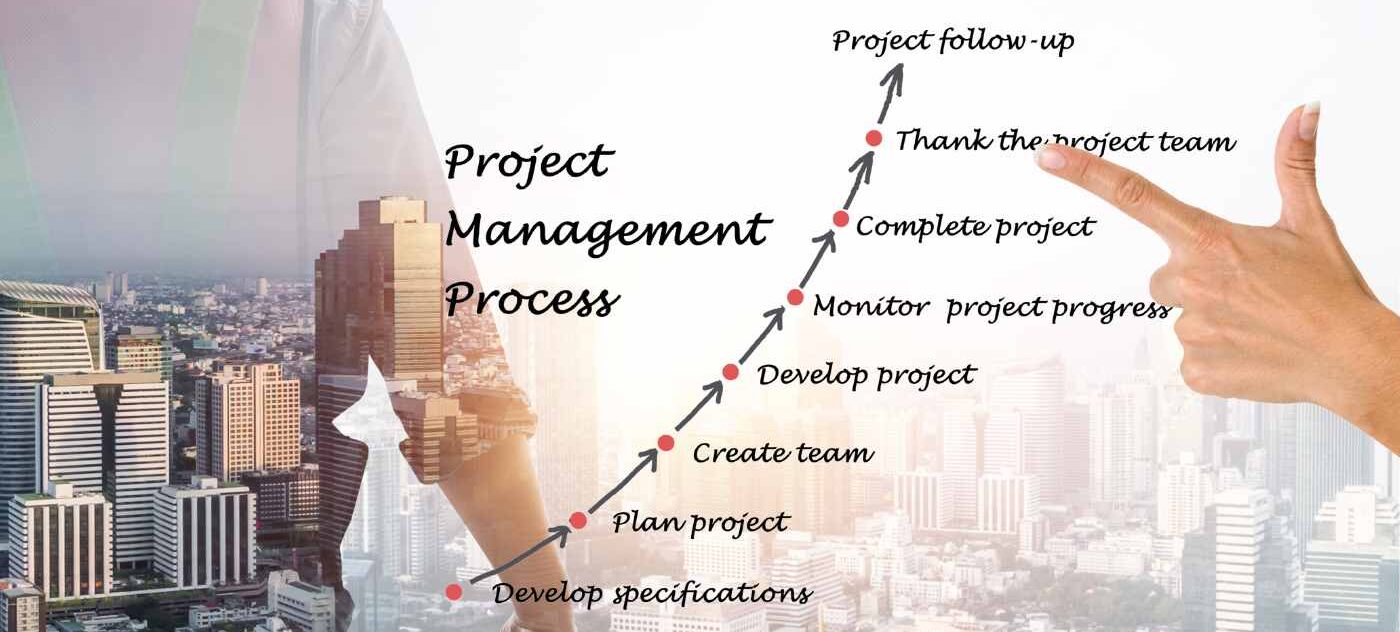Effective Project Management
Effective project management is crucial for the success of any organization. By implementing key processes, you can streamline workflows, enhance communication, and ensure project objectives are met. Here are eight essential processes to boost your project performance:
1. Clearly Define the Project
Begin with a clear definition of the project. Ensure that all stakeholders, including managers, team members, and clients, understand the project’s goals, scope, and processes. This clarity sets a strong foundation for the project’s success.
2. Detailed Planning
Break the project down into manageable tasks with specific timelines. Detailed planning helps in setting clear expectations and ensures that all team members know their responsibilities and deadlines.
3. Risk Management
Identify potential risks early and develop strategies to mitigate them. Assessing the likelihood and impact of risks, and preparing contingency plans, helps in minimizing disruptions and keeping the project on track.

4. Scope Management
Define the project’s scope clearly and set boundaries. Establish protocols for handling changes to the project scope to prevent scope creep, which can lead to delays and budget overruns.
5. Issue and Change Management
Prepare for potential issues and changes. Establish a process for managing and resolving problems as they arise. This proactive approach ensures that changes are handled efficiently without derailing the project.
6. Communication and Documentation
Develop a robust communication plan to ensure all stakeholders are informed and engaged. Proper documentation helps in maintaining transparency, resolving disputes, and creating a reliable audit trail.
7. Quality Standards
Implement quality standards and protocols to ensure the project meets the desired benchmarks. Regular quality checks help in identifying and addressing issues promptly, maintaining the integrity of the project.
8. Data Tracking and Analysis
Utilize data tracking and analysis to monitor project progress and performance. Regularly collecting and analyzing data helps in making informed decisions and improving future project processes.

Key Takeaways
- Streamlined Processes: Implementing these processes ensures that projects run smoothly, with clear guidelines and expectations.
- Enhanced Accountability: Clearly defined roles and responsibilities enhance accountability among team members.
- Effective Risk Management: Proactive risk management helps in minimizing potential disruptions.
- Controlled Scope: Proper scope management prevents project overruns and ensures resources are used effectively.
- Efficient Communication: A structured communication plan fosters better collaboration and transparency.
- Consistent Quality: Quality standards ensure that the project meets the required benchmarks.
- Data-Driven Decisions: Data tracking and analysis enable continuous improvement and informed decision-making.
By adopting these eight processes, organizations can significantly enhance their project performance, leading to successful project outcomes and satisfied stakeholders.


Leave a Reply
You must be logged in to post a comment.